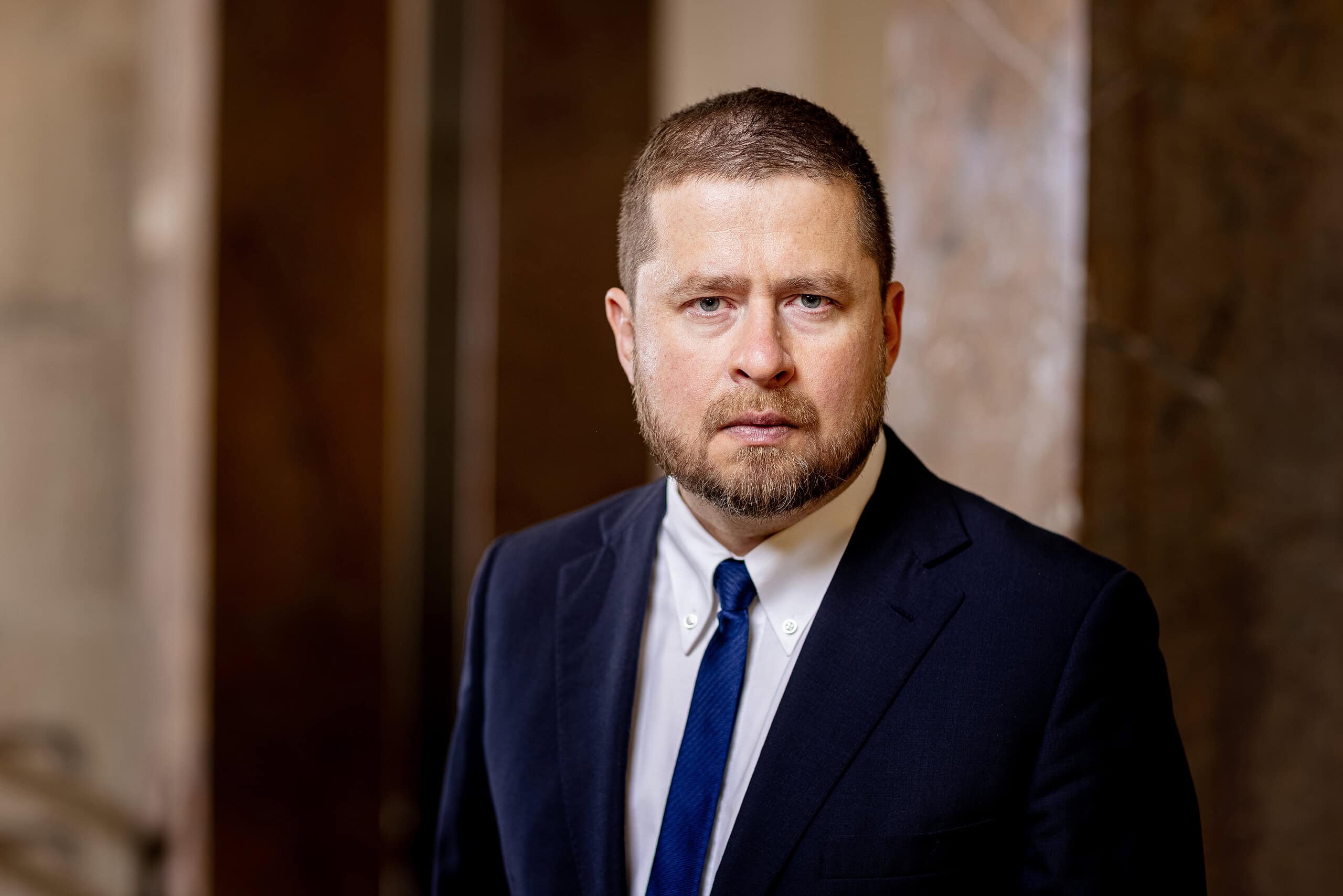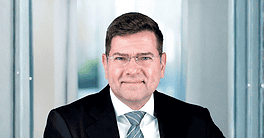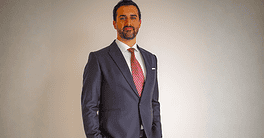Aleš Michl is tackling economic challenges much differently from his predecessors and his counterparts in other countries—with impressive results.
Global Finance: You’re halfway through your six-year tenure as governor of the Czech National Bank (CNB), and inflation has plummeted from 17.5% to about 2.5% today. How did you achieve this?
Aleš Michl: We changed not only the strategy, but also the philosophy. The previous board had kept rates at zero for too long, doubled the money supply by weakening the koruna, and then suddenly hiked rates when inflation had already arrived. Instead of sharp, volatile moves, we kept interest rates high for longer. We added a strong koruna policy, which made imports of energy and raw materials cheaper. This combination delivered the tightest monetary conditions in 25 years. It reduced money creation and slowed demand, and finally inflation came down. Sometimes less is more—stability, patience, credibility. The new philosophy is never again to create long-term inflation by setting zero rates or printing money—this has always backfired in history.
GF: Your strategy of not hiking interest rates dramatically to curb inflation differs from how countries like Turkey have battled inflation. Is this because Czechia’s economy is different, or were there also underlying philosophical reasons?
Michl: Monetary policy should be consistent and credible, not experimental. An experiment is to have zero rates for more than 10 years—rates that are even negative in real terms—to create inflation, and then when inflation comes, to think it can be quickly beaten with sudden hikes. This was a mistake of the past and we need to admit it. I prefer to keep rates higher for longer and to communicate clearly. The goal is low inflation.
GF: The world economy has changed dramatically in recent years. What changes have affected the Czech Republic the most?
Michl: The world keeps changing, but humanity keeps repeating the same mistakes. We should remember that too much debt and too much cheap money lead to higher inflation. We can never predict what exactly will change the world. But it is easier to see that nations, households, entrepreneurs and companies that maintain savings, wealth and buffers in good times, and not piles of debt, are better able to absorb shocks when disaster strikes.
GF: CNB’s forex reserves are currently around 135 billion euros. During your tenure, its holdings of gold have increased from roughly eight tons to 65, with plans to up this to 100 by 2028. You’ve doubled equity holdings to around 25%. What is the rationale behind this diversification?
Michl: In the past, we had a large cumulative loss caused by wrong asset-liability management. Our assets—our forex reserves—had low expected returns compared to the cost of our liabilities. We have changed this significantly. We have raised the long-term expected return on our assets, especially the reserves. We hold more equities and gold. At the same time, we have lowered our liability costs—we have increased the minimum reserves that banks are required to hold, and we have stopped paying interest on them. We have removed the cause. The last two years have been profitable. But we cannot expect profits every year. There will be years when the CNB is in loss—maybe 2025 or some other year. The key is that our assets are now structured to deliver a higher long-term expected return than the expected cost of our liabilities.
GF: Do you anticipate joining the eurozone at any point?
Michl: Not in the near future. The koruna is our anchor. It helped us fight inflation by keeping imports cheaper. There are far more important questions than the euro. The Czech National Bank will soon be an institution that uses artificial intelligence to supervise the financial market better. We also study blockchain technologies, as they are becoming an important part of modern finance and payment systems. It will use real-time data and machine learning to predict crises. In its supervisory process, the CNB will systematically use AI not only for analysis, but also for automatic decision-making in selected areas.
The next generation of bankers will think in a completely different way—with real-time data and with algorithms and systems that will be better partners in decision-making than our past models. The vision is a bank that helps people dream of a future without fear of inflation. A bank that ensures financial stability by working with data and technology. And it will also be an institution where employee ethics prevail. The culture inside the institution is crucial for me. All of this is more important than adopting the euro.




